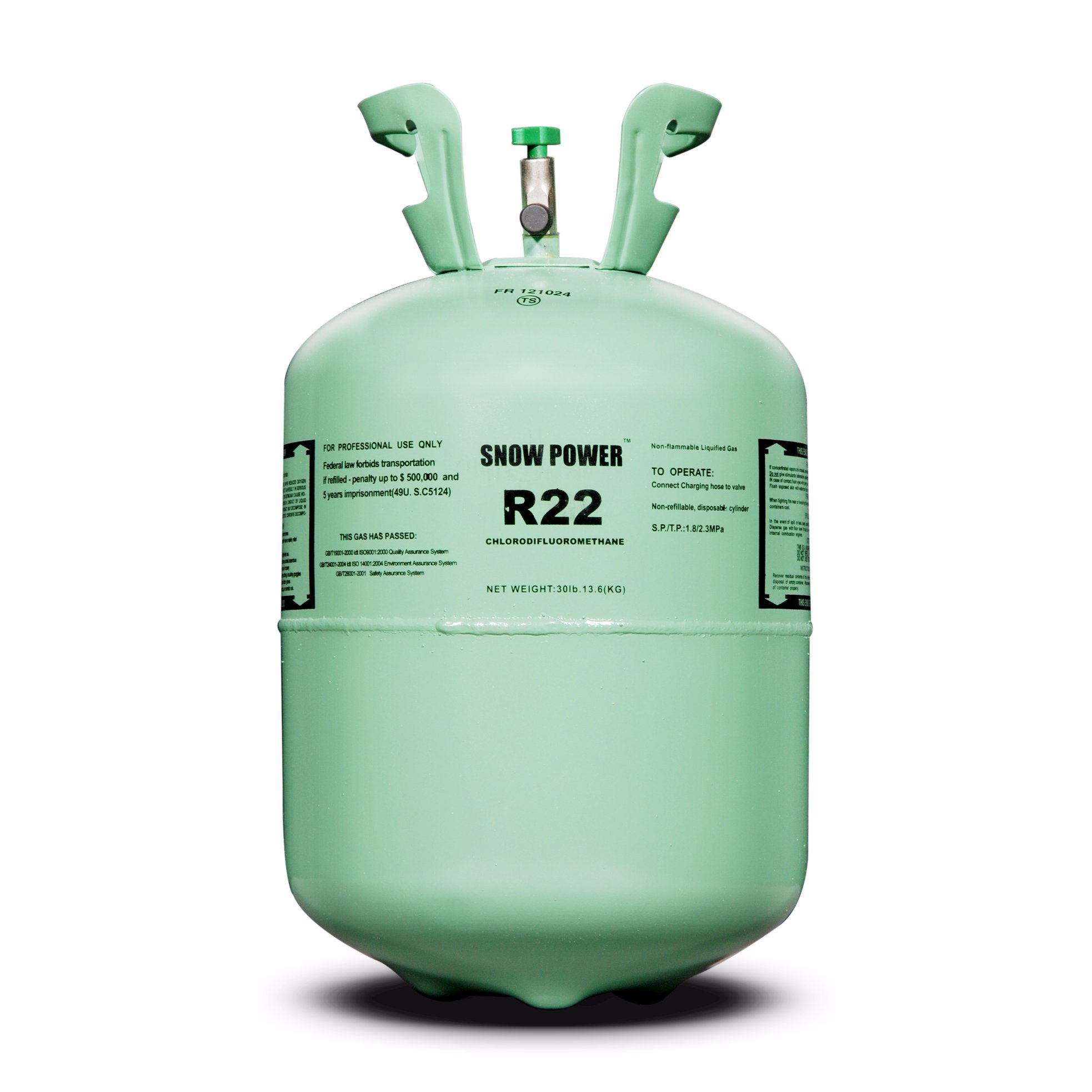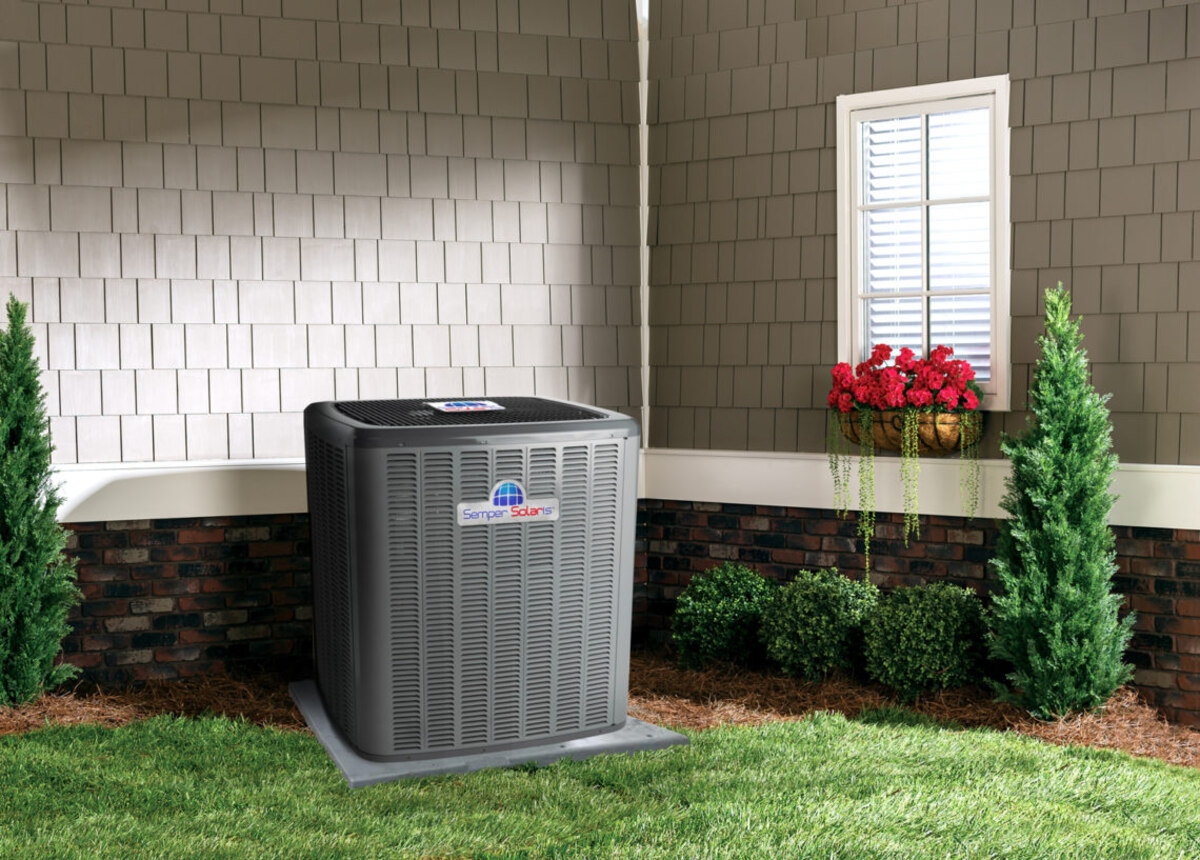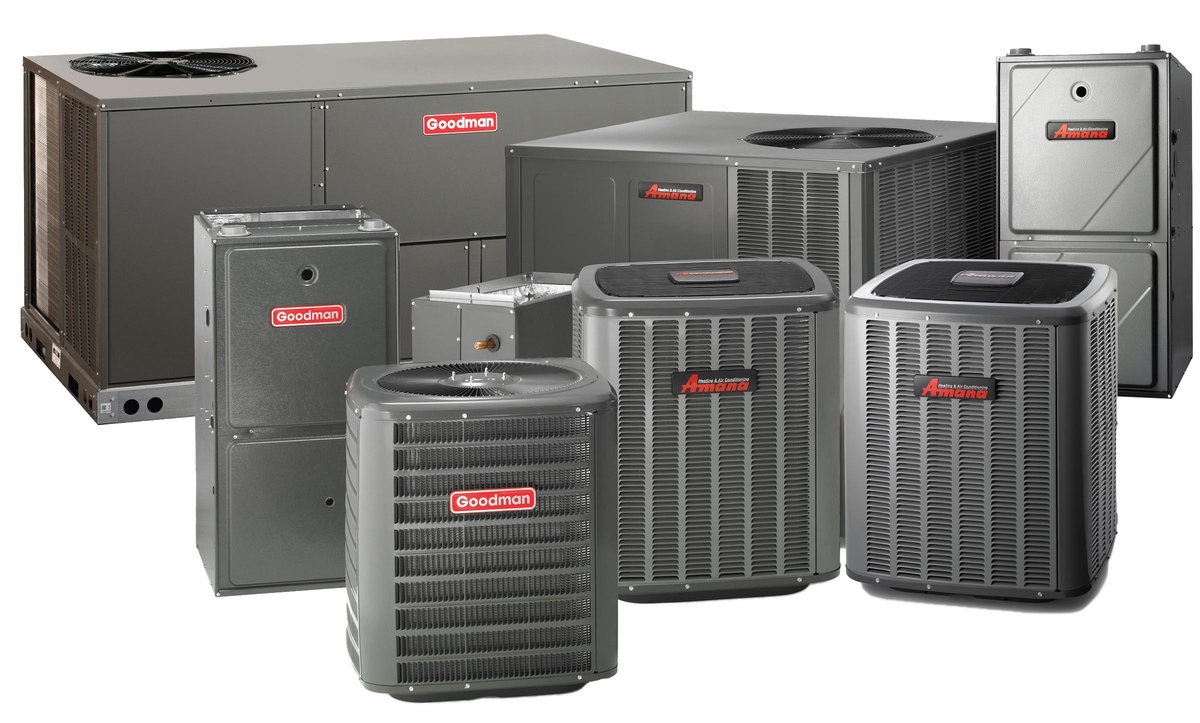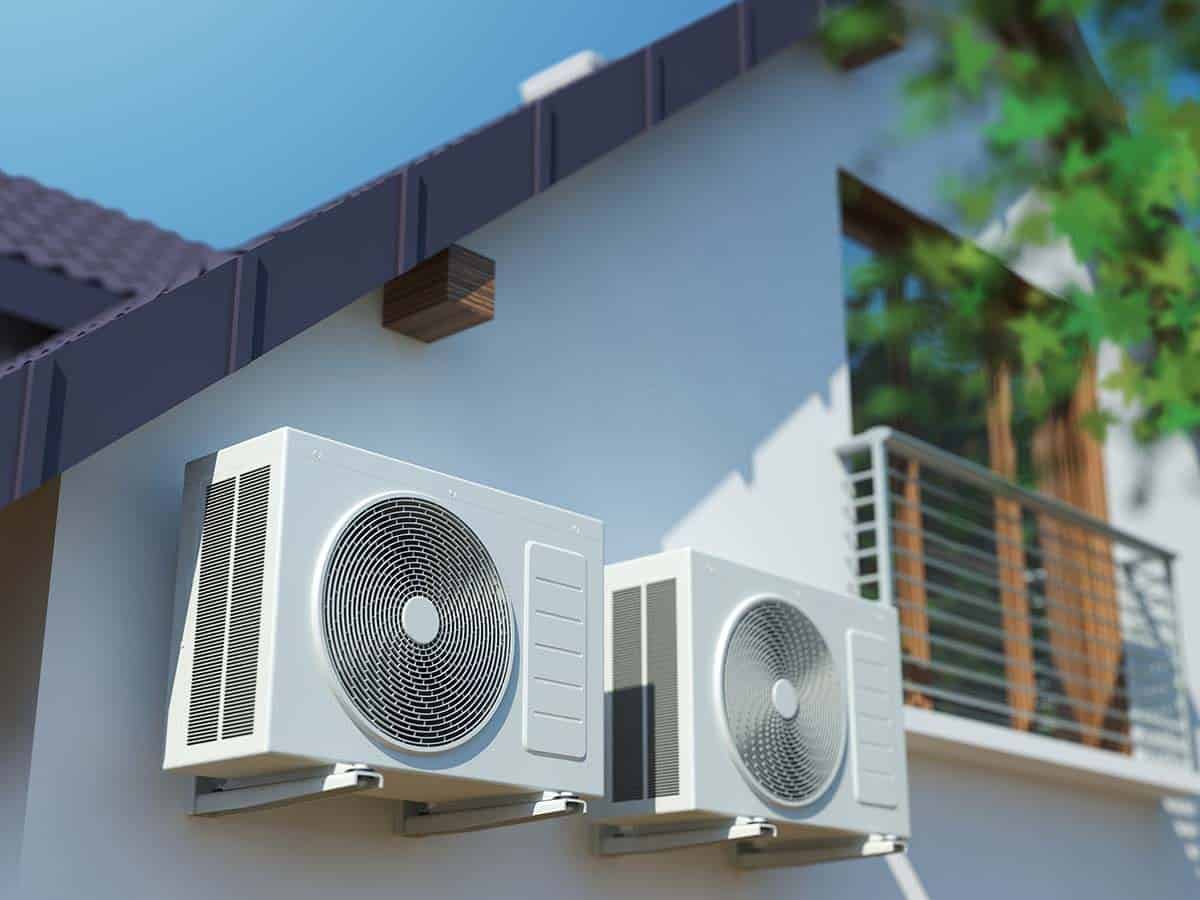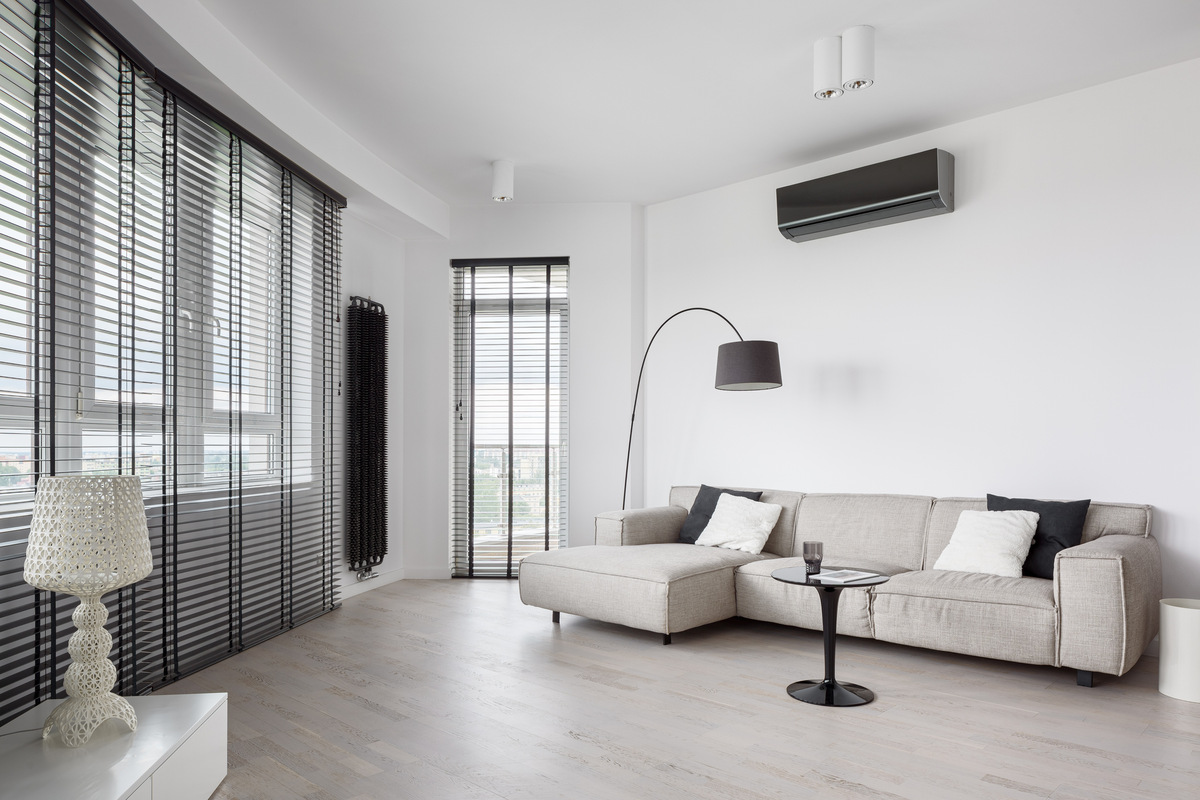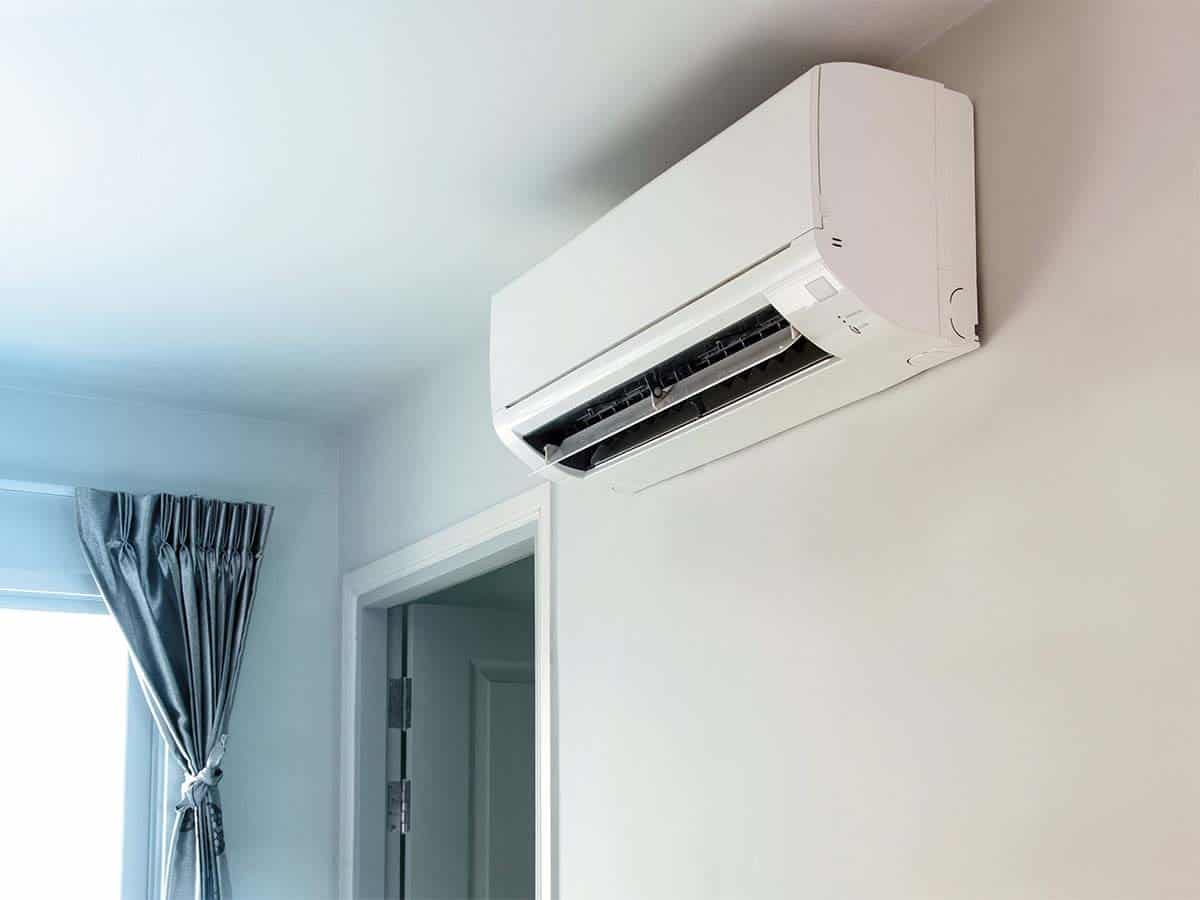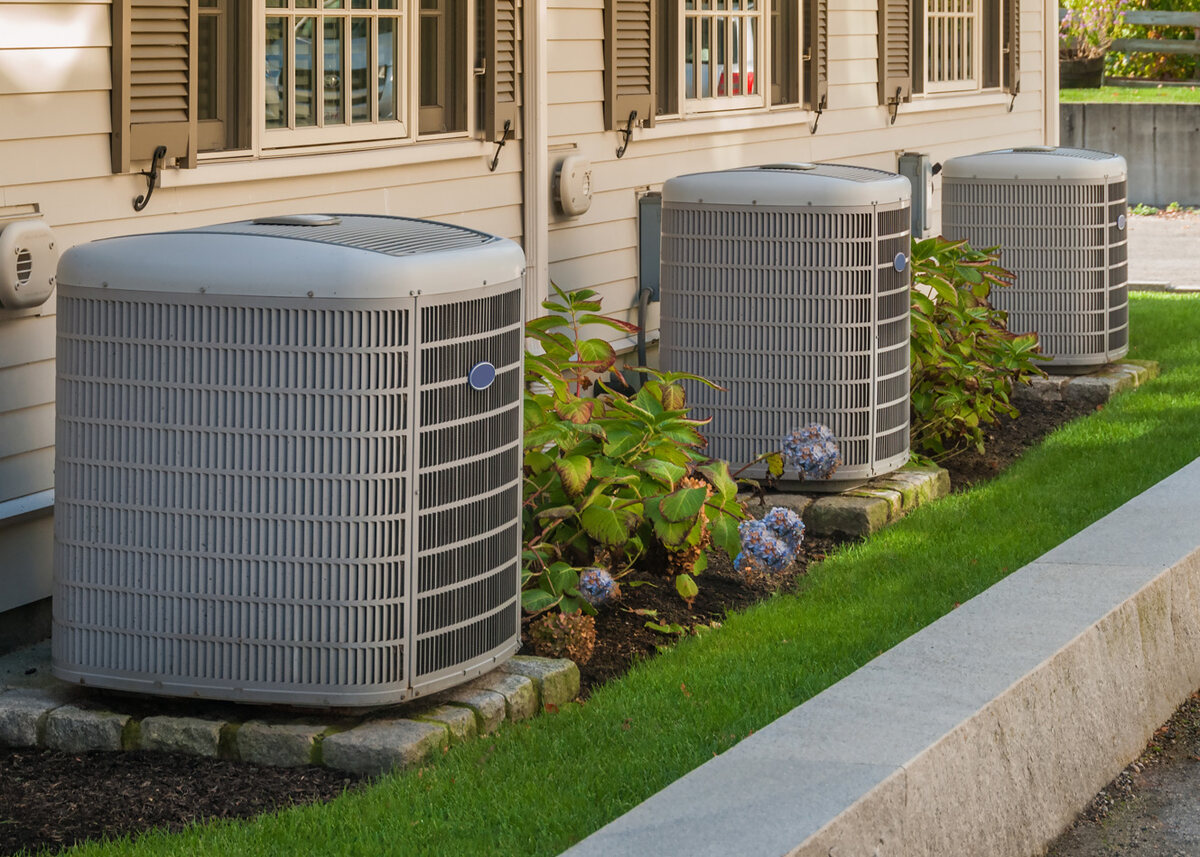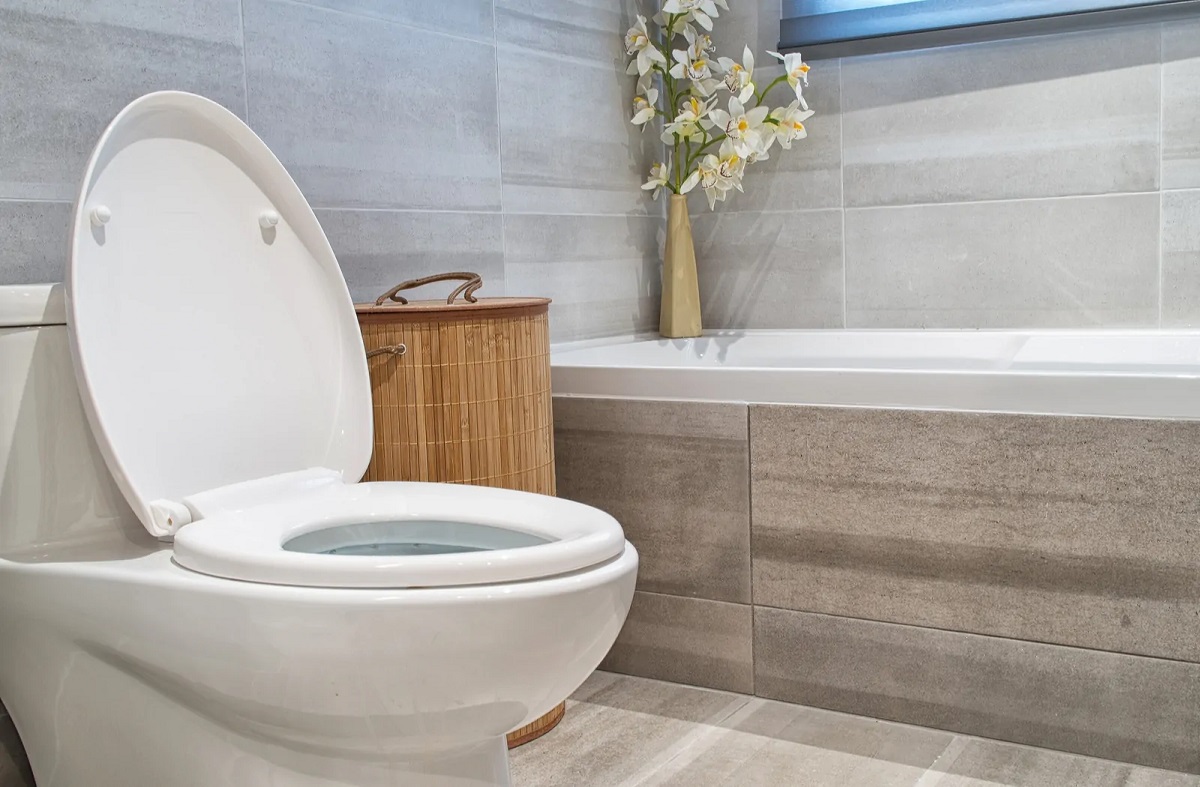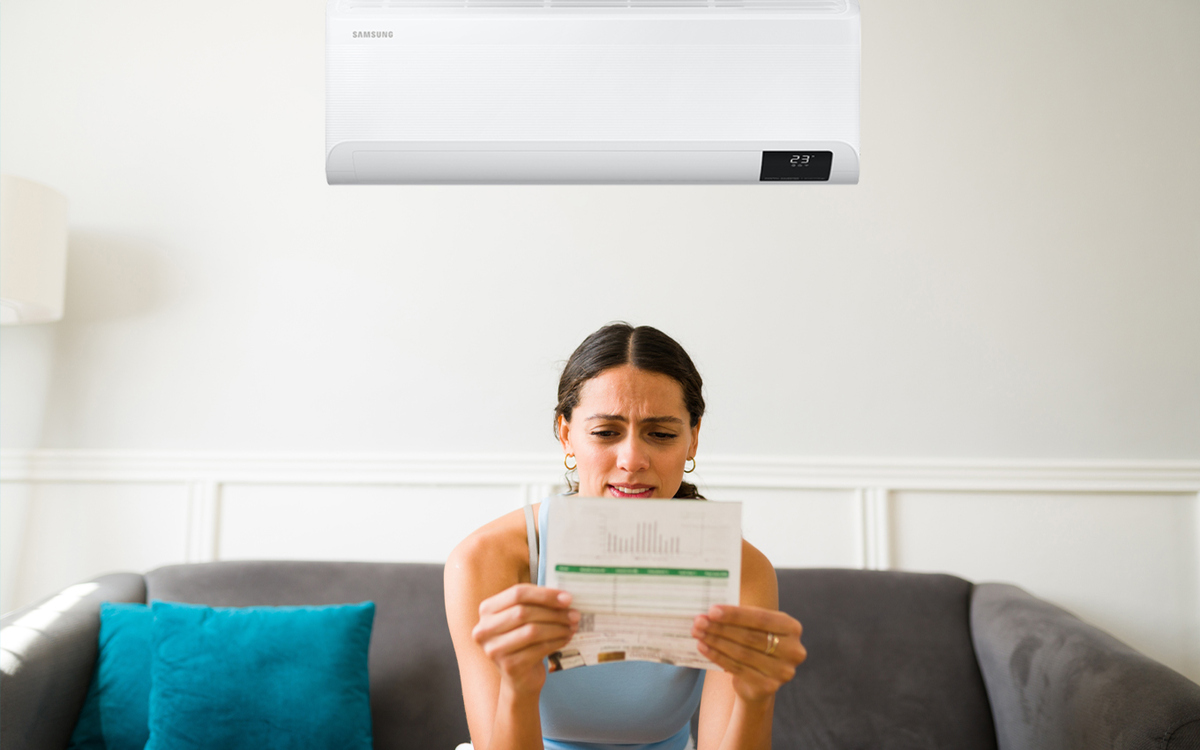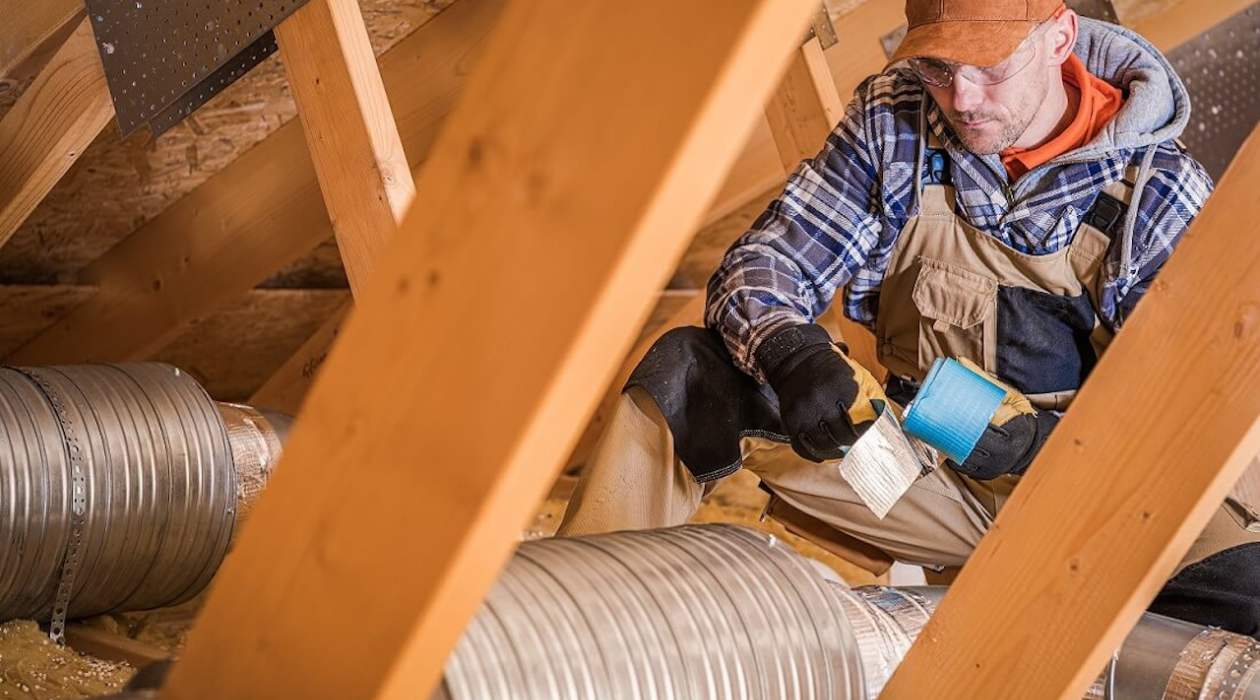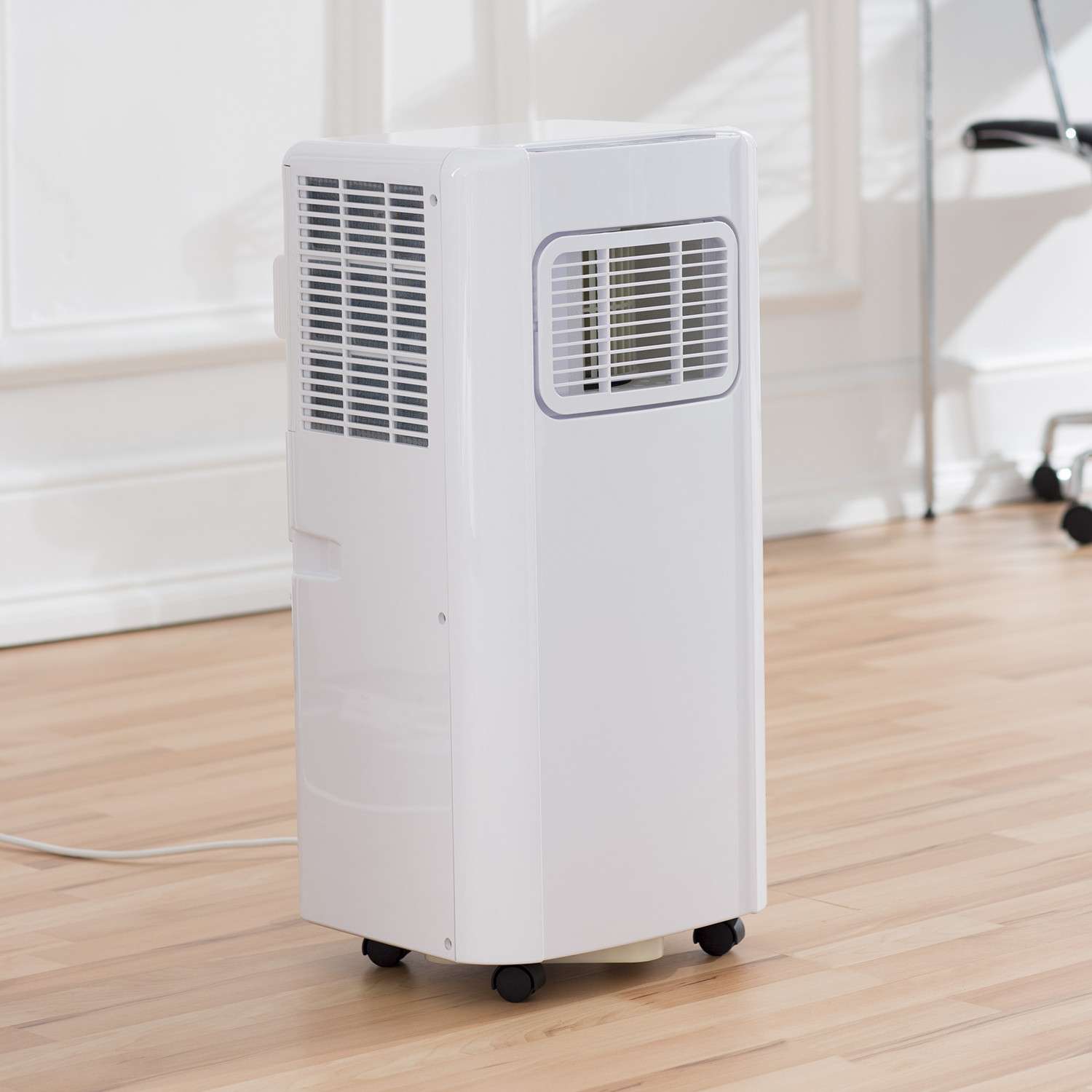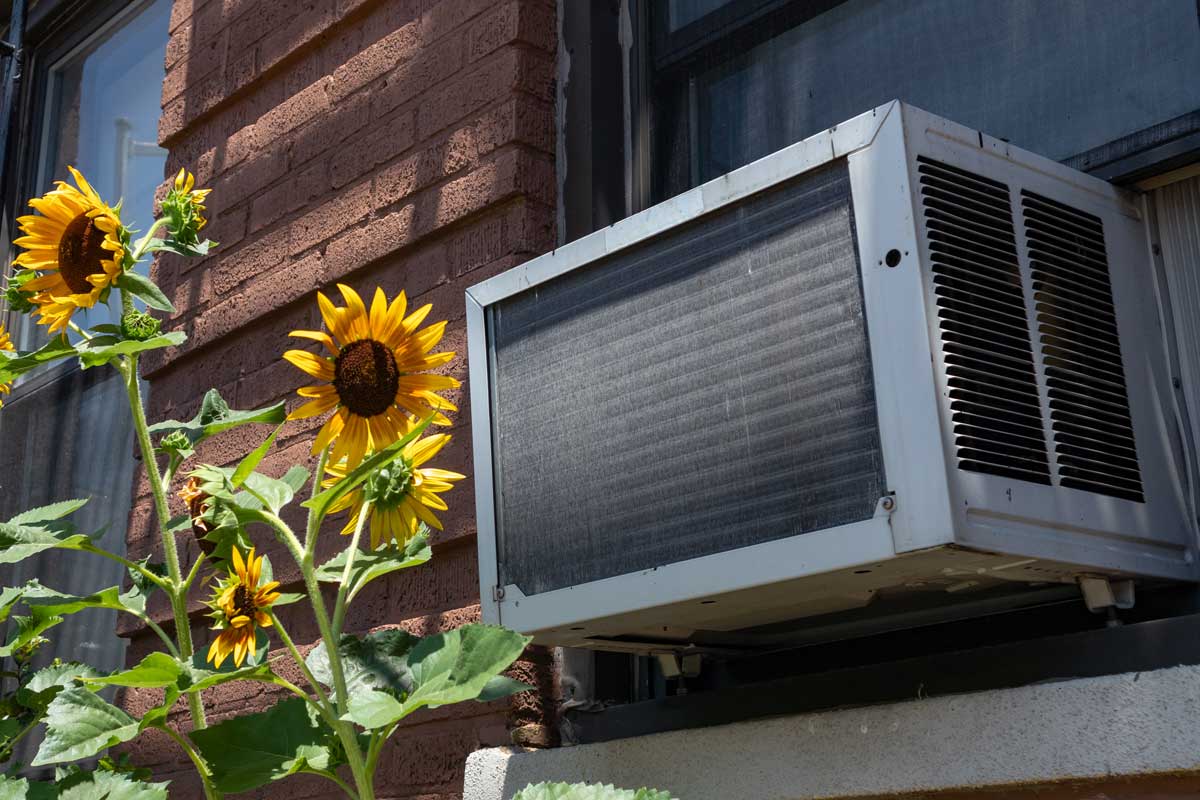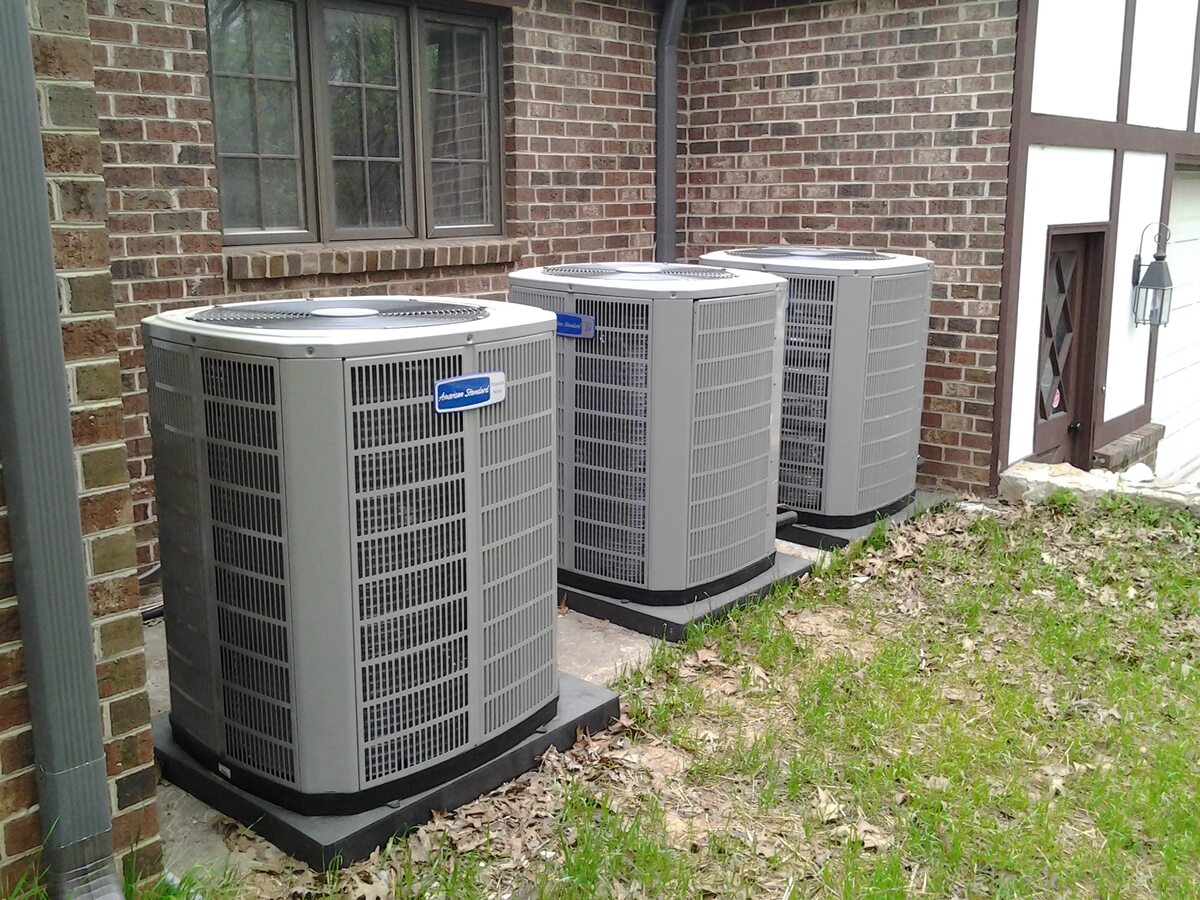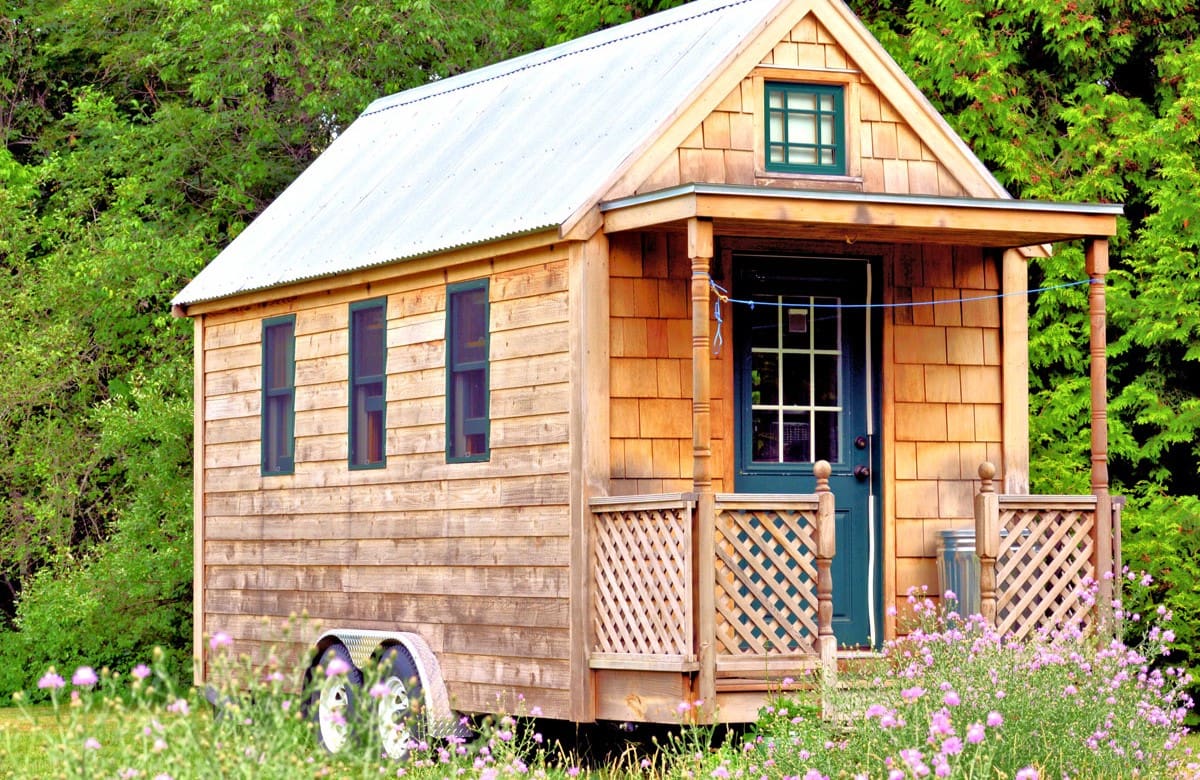Home>Home Maintenance>How Much To Run Ducted Air Conditioning
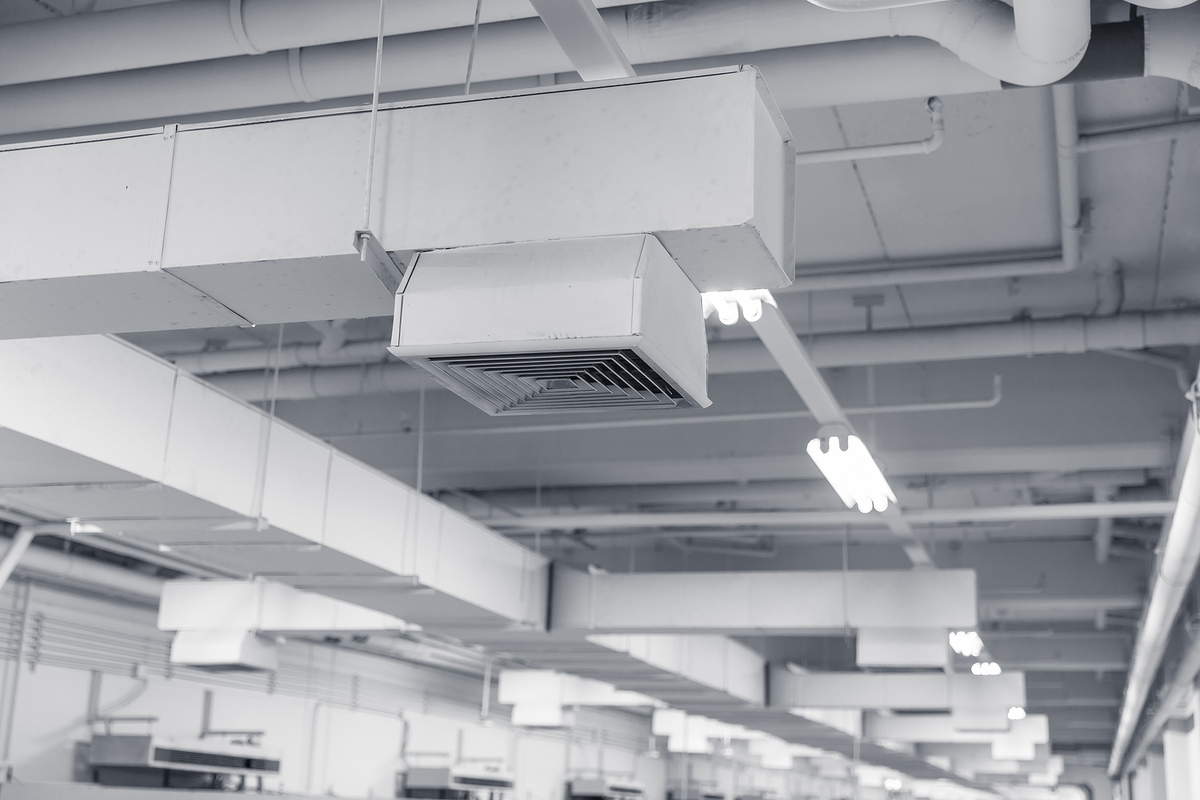

Home Maintenance
How Much To Run Ducted Air Conditioning
Modified: March 6, 2024
Wondering how much it costs to run ducted air conditioning? Find out everything you need to know about home maintenance expenses and tips on managing your cooling bills.
(Many of the links in this article redirect to a specific reviewed product. Your purchase of these products through affiliate links helps to generate commission for Storables.com, at no extra cost. Learn more)
Introduction
Welcome to our comprehensive guide on how much it costs to run a ducted air conditioning system in your home. Ducted air conditioning is a popular and efficient way to cool down your entire house, providing comfort during the scorching summer months.
However, many homeowners are often concerned about the potential increase in their energy bills when using ducted air conditioning. It’s crucial to understand the various factors that influence the cost of running these systems, as well as practical tips to help you keep your energy consumption in check.
In this article, we will delve into the key factors that affect the cost of running ducted air conditioning systems, discuss methods for calculating energy consumption, and provide tips to reduce operating costs while maintaining optimum comfort in your home.
So, if you’re ready to gain a deeper understanding of the expenses associated with ducted air conditioning and learn how to keep those costs under control, let’s dive in!
Key Takeaways:
- Keep your home cool without breaking the bank by understanding and managing the factors that affect the cost of running ducted air conditioning systems. Implement energy-saving tips to reduce expenses while staying comfortable.
- Calculate your ducted air conditioning system’s energy consumption and costs accurately. Use methods like consulting specifications, energy meters, and load estimations. Implement tips like optimal temperature settings and zoning to save on energy bills.
Read more: How Much Does Ducted Air Conditioning Cost
Understanding Ducted Air Conditioning Systems
Ducted air conditioning systems are designed to provide cooling (and sometimes heating) to multiple rooms or areas within a home through a network of ductwork. Unlike other types of air conditioning units, such as window or split systems, ducted systems offer centralized cooling, allowing you to regulate the temperature throughout your entire house with ease.
The main components of a ducted air conditioning system include an outdoor unit, an indoor unit (often installed in the roof space or under the floor), and a network of ducts that distribute the conditioned air to different areas. The central unit draws in air from your home, cools it using a refrigeration process, and then distributes the cooled air through the ducts to each room or area via vents or diffusers.
Key advantages of ducted air conditioning include:
- Even air distribution: Ducted systems provide uniform cooling throughout your home, ensuring that each room receives the same level of comfort.
- Greater control: With zoning capabilities, you can adjust the temperature settings for individual rooms or areas, allowing for personalized comfort and energy efficiency.
- Aesthetically pleasing: Ducted systems are discreet, with only the air vents visible in each room, creating a clean and uncluttered aesthetic.
- No noise disruption: The main components of a ducted system are located away from living areas, reducing noise and creating a peaceful environment inside your home.
Understanding how a ducted air conditioning system functions is essential to grasp the factors that influence its running costs. The size of your home, the energy efficiency of the system, and how often and how long you use it are all significant determinants.
Now that we have a basic understanding of ducted air conditioning systems, let’s explore the factors that affect the cost of running these systems in more detail.
Factors Affecting the Cost of Running Ducted Air Conditioning
Several key factors can impact the cost of running a ducted air conditioning system in your home. Understanding these factors will help you estimate and manage your energy expenses more effectively. Let’s take a closer look at them:
- Energy efficiency of the system: The energy efficiency rating of your ducted air conditioning system plays a significant role in determining its operating costs. Systems with higher energy efficiency ratings consume less energy to provide the same level of cooling, resulting in lower electricity bills.
- Size and insulation of your home: The size of your home affects the cooling capacity required, which directly impacts the energy consumption of your system. Additionally, well-insulated homes retain cool air more effectively, reducing the need for excessive cooling and saving energy.
- Climate and outdoor temperature: The climate you reside in and the outdoor temperature influence the workload on your ducted air conditioning system. Hotter climates or extreme temperatures require the system to work harder, leading to increased energy consumption and higher costs.
- Usage patterns and temperature settings: How often and for how long you use your ducted air conditioning system, as well as the temperature settings you choose, play a crucial role in determining energy consumption. Regular maintenance and optimal usage can help minimize costs.
- Energy tariffs and electricity rates: The cost per unit of electricity and the structure of your energy tariffs affect your overall energy costs. It’s important to be aware of the rates and tariffs in your area to estimate the financial impact accurately.
By considering these factors and making informed decisions, you can effectively manage and reduce the cost of running your ducted air conditioning system. However, to get a clearer picture of the energy consumption and cost of running your system, it’s helpful to learn how to calculate it accurately.
In the next section, we’ll explore the methods for calculating the energy consumption of your ducted air conditioning system.
Calculating the Energy Consumption of Ducted Air Conditioning
Calculating the energy consumption of your ducted air conditioning system is an essential step in understanding its operating costs. By knowing how much energy your system consumes, you can estimate the associated expenses more accurately. Here are a few methods to help you calculate energy consumption:
- Consult the system specifications: The manufacturer’s specifications for your ducted air conditioning system typically provide information on its energy consumption. These specifications may include the system’s power consumption in kilowatts (kW), heating or cooling capacity, and energy efficiency rating.
- Use an energy meter: An energy meter, also known as an electricity usage monitor, can be installed to measure the electrical consumption of your ducted air conditioning system. These devices provide real-time data on energy usage, allowing you to monitor and track your system’s consumption accurately.
- Estimate based on usage and load: Another way to calculate energy consumption is by estimating the usage hours and load of your ducted air conditioning system. The load refers to the power draw or energy requirement of your system. Multiply the load (in kilowatts) by the number of hours your system runs each day to get an estimate of the daily energy consumption. You can then multiply this by the number of days in a month to determine the monthly consumption.
It’s important to note that these methods provide an estimate and may not account for variables such as energy fluctuations due to outdoor temperature, maintenance issues, or system inefficiencies. However, they can give you a general idea of your ducted air conditioning system’s energy consumption and help you plan accordingly.
Once you have an understanding of your system’s energy consumption, you can proceed to estimate the cost of running your ducted air conditioning system in your home. We’ll explore this in the next section.
Regularly clean and replace air filters in your ducted air conditioning system to ensure efficient airflow and reduce energy consumption.
Determining the Cost of Running Ducted Air Conditioning
Calculating the cost of running your ducted air conditioning system involves considering the energy consumption and the applicable electricity rates. Here’s how you can determine the cost:
- Calculate energy consumption: Start by using the methods mentioned earlier to calculate the energy consumption of your ducted air conditioning system. Whether you rely on system specifications, energy meters, or estimations based on usage and load, having an idea of the energy consumption is crucial.
- Know your electricity rates: Familiarize yourself with the electricity rates in your area. These rates can vary depending on the time of day or the season. Make note of the standard rate and any applicable peak or off-peak rates that may impact your energy bill.
- Multiply consumption by rates: Once you have the energy consumption and the electricity rates, multiply the consumption (measured in kilowatt-hours, kWh) by the corresponding rates. This will give you the cost of running your ducted air conditioning system for a specific period.
- Consider other factors: Keep in mind that the cost of running your ducted air conditioning system may not solely be determined by its energy consumption. Factors like energy tariffs, maintenance costs, and any additional charges from your electricity provider should also be taken into account.
By following these steps, you can estimate the cost of running your ducted air conditioning system. Remember that actual costs may vary based on factors such as changes in energy rates, system efficiency, and usage patterns.
Now that you have a clearer understanding of the cost implications, let’s explore some tips to help you reduce the cost of running your ducted air conditioning system.
Read more: How Does Ducted Air Conditioning Work
Tips for Reducing the Cost of Running Ducted Air Conditioning
Running a ducted air conditioning system can be cost-effective if you implement energy-saving practices. Here are some tips to help you reduce the cost of running your system without compromising on comfort:
- Set optimal temperature settings: Find the balance between comfort and energy efficiency by setting your thermostat to a moderate temperature. Each degree higher or lower can significantly affect energy consumption.
- Utilize zoning capabilities: Take advantage of the zoning capabilities of your ducted system to control different areas separately. Only cool the rooms that are in use, rather than cooling the entire house.
- Seal and insulate your home: Properly seal any air leaks and ensure your home is well insulated. This prevents cool air from escaping and warm air from entering, reducing the workload on your system and lowering energy usage.
- Maintain your system: Regularly clean and maintain your ducted air conditioning system to ensure it operates efficiently. Dirty filters and blocked vents can restrict airflow, forcing your system to work harder and consume more energy.
- Use ceiling fans: Ceiling fans can help circulate the cool air, allowing you to raise the thermostat slightly while still feeling comfortable. This can significantly reduce the load on your ducted system and lower energy consumption.
- Utilize natural ventilation: Open windows and doors during cooler times of the day to let in fresh air and naturally cool your home. This can give your ducted system a break and reduce the need for constant cooling.
- Manage peak energy usage: Be mindful of peak electricity rates and try to limit heavy energy usage during these times. If your electricity plan offers off-peak rates, consider running your ducted system during these periods to save on costs.
By implementing these tips, you can make your ducted air conditioning system more energy-efficient and reduce the cost of operation. Remember, even small changes in habits and settings can have a significant impact on your energy consumption and overall expenses.
Before we wrap up, let’s summarize what we discussed in this article.
Conclusion
Running a ducted air conditioning system in your home can provide comfort and relief during the hot summer months. However, it’s important to understand the factors that influence the cost of running these systems and take steps to minimize expenses.
In this article, we explored the key factors affecting the cost of running ducted air conditioning, including the system’s energy efficiency, the size and insulation of your home, the climate, usage patterns, and electricity rates. By considering these factors, you can make informed decisions and manage your energy consumption effectively.
We also discussed methods for calculating the energy consumption of your ducted air conditioning system, such as consulting manufacturer’s specifications, using energy meters, or estimating based on usage and load. These calculations can give you a better understanding of your system’s energy usage and help you estimate associated costs more accurately.
To determine the cost of running your ducted air conditioning system, it’s essential to multiply the energy consumption by the applicable electricity rates. Remember to also consider factors like energy tariffs and additional charges to get a comprehensive picture of the expenses involved.
Lastly, we provided tips for reducing the cost of running your ducted air conditioning system, including setting optimal temperature settings, utilizing zoning capabilities, sealing and insulating your home, regular maintenance, using ceiling fans, utilizing natural ventilation, and managing peak energy usage. By implementing these tips, you can make your system more energy-efficient and lower your overall expenses.
Remember, every effort counts when it comes to reducing energy consumption and saving costs. By being mindful of your ducted air conditioning system’s usage and implementing energy-saving practices, you can stay cool and comfortable while keeping your energy bills in check.
Thank you for reading our comprehensive guide on understanding the cost of running ducted air conditioning. We hope you found the information helpful and can apply these tips to optimize the performance and efficiency of your system.
Frequently Asked Questions about How Much To Run Ducted Air Conditioning
Was this page helpful?
At Storables.com, we guarantee accurate and reliable information. Our content, validated by Expert Board Contributors, is crafted following stringent Editorial Policies. We're committed to providing you with well-researched, expert-backed insights for all your informational needs.
